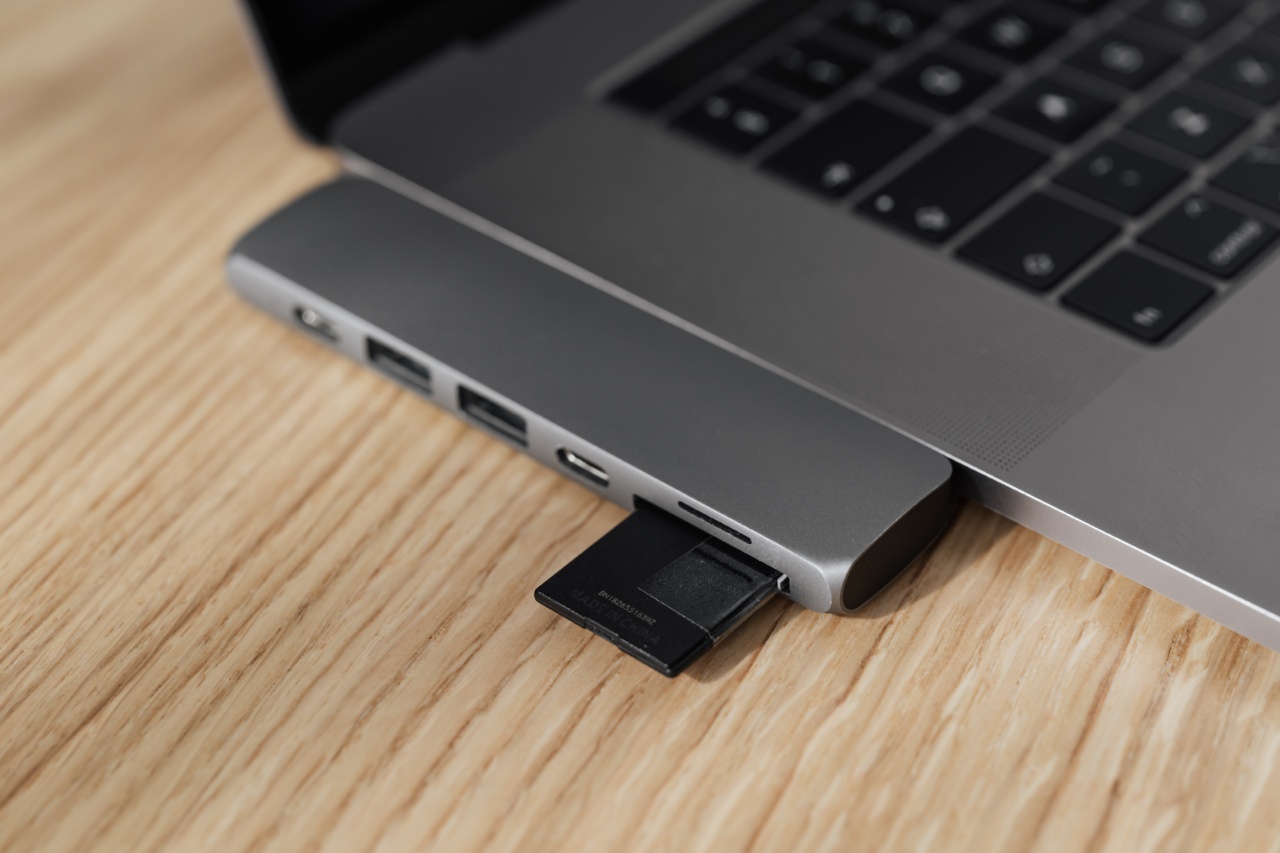Our memory plays a crucial role in our day-to-day lives, from remembering important tasks to recalling details from the past.
However, with the increasing demands on our attention and the constant flood of information, it can be challenging to maintain a sharp memory.
The good news is that there are various techniques and strategies you can incorporate into your daily routine to boost your memory. These techniques are simple to implement and can make a significant difference in your cognitive abilities.
So, whether you’re a student studying for exams or someone looking to enhance your memory, here are some easy memory-boosting techniques to try today.
1. Create a Memory Palace
One effective technique for improving memory recall is the method of loci, also known as the Memory Palace technique.
This technique involves associating pieces of information with specific locations within a familiar place, such as your home or a well-known building. By mentally navigating through these locations, you can retrieve the associated information more easily.
2. Practice Mindfulness and Meditation
Mindfulness and meditation have been shown to have numerous benefits, including improving memory and cognitive function.
By practicing mindfulness, you train your mind to stay focused and present, which can enhance your ability to encode and retrieve memories.
3. Get Enough Sleep
Sleep plays a crucial role in memory consolidation, helping to solidify and organize information in your brain. Lack of sufficient sleep can impair your memory and cognitive function.
Aim for around 7-9 hours of quality sleep each night to support optimal memory functioning.
4. Engage in Regular Physical Exercise
Physical exercise not only benefits your physical health but also has a positive impact on your brain. Regular exercise has been linked to improved memory and cognitive abilities.
Engaging in activities like walking, swimming, or cycling promotes blood circulation to the brain, facilitating the growth of new neurons.
5. Break Information Into Chunks
When trying to remember large amounts of information, the technique of chunking can be highly effective. This involves breaking down complex information into smaller, more manageable chunks.
By organizing the information into meaningful groups, you make it easier for your brain to store and retrieve the data.
6. Use Mnemonic Devices
Mnemonic devices are memory aids that help you recall information. These devices can take various forms, such as acronyms, rhymes, or visualization techniques.
For example, to remember a list of words, you can create an acronym where the first letter of each word corresponds to a letter in a relevant word or phrase.
7. Stay Mentally Active
Keeping your brain stimulated through mental activities is essential for maintaining good memory function. Engage in activities that challenge your brain, such as puzzles, crosswords, or learning a new language.
By continually learning and exposing your brain to new experiences, you can improve your memory and cognitive abilities.
8. Eat a Healthy Diet
Your diet can significantly impact your memory and brain health. Include foods rich in antioxidants, omega-3 fatty acids, and vitamins B6, B12, and folate. These nutrients are known to support brain function and improve memory.
Some examples of brain-healthy foods include blueberries, fatty fish, turmeric, broccoli, and nuts.
9. Utilize Visualization Techniques
Visualization techniques can be powerful tools for enhancing memory. When trying to remember something, visualize the information in your mind’s eye.
Create vivid mental images and associate them with the concepts or information you want to remember. The more vivid and memorable the image, the easier it will be to recall the associated information.
10. Practice Active Recall and Spaced Repetition
Active recall involves actively retrieving information from memory instead of passively reviewing or re-reading it.
By practicing active recall, you strengthen the neural pathways associated with that information, making it easier to retrieve in the future. Spaced repetition builds on the concept of active recall by incorporating increasing time intervals between each retrieval practice, leading to more efficient encoding and long-term retention of information.
By incorporating these easy memory-boosting techniques into your routine, you can enhance your memory and cognitive abilities. Remember, consistency is key, so make these practices a regular part of your lifestyle to reap the long-term benefits.





























